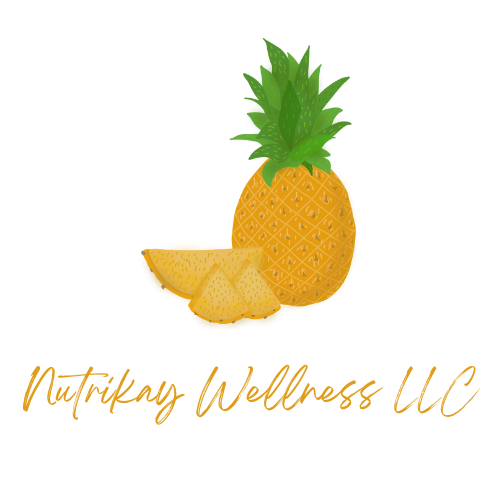Gut Health: The Microbiome and Mental Well-Being
Have you ever had a ‘gut feeling’? It turns out that that ‘gut feeling’ is your gut communicating with your brain. Your gut is more than just a digestive organ, it plays a critical role in mental health. The trillions of microbes living in your intestine, known as the gut microbiome, influence how you feel, think, and respond to stress. Recent research has confirmed the powerful connection between gut health and mental health. From anxiety to brain fog, your gut may be affecting your mood more than you think. Simple changes to your diet and lifestyle can help support your microbiome and your mind.
What Is the Gut-Brain Axis & How Does This Affect Mental Health?
The gut-brain axis is a two-way communication system between your digestive tract and your central nervous system. This connection allows your brain to influence your gut, and vice versa.
Here are some fun facts about your gut-brain axis:
● Over 90% of serotonin, the “feel-good” hormone, is produced in the gut
● A healthy microbiome helps regulate stress responses and cognitive function.
● Dysbiosis, or an imbalance of gut bacteria, has been linked to anxiety, depression, and impaired mood regulation.
● Scientists have linked gut dysbiosis to symptoms of anxiety, brain fog, and low mood
● A 2022 study in the journal Nature Microbiology found that individuals with more diverse gut microbiota had lower rates of depression and better emotional resilience.
A Healthy Gut = A Healthy Mindset!
Best Foods For Mental Well-Being:
The food you eat shapes your microbiome, and in turn, your microbiome shapes your mental health. Introducing probiotics, prebiotics, and fermented foods is a great way to support your gut bacteria. This will lead to noticeable shifts in your mental clarity, mood, and energy.
● Probiotics - The Good Bacteria: Probiotics are live beneficial bacteria that add good bacteria to your gut, improving digestion, immunity, and restoring microbial balance after illness. Top probiotic-rich foods include:
○ Yogurt
○ Kefir
○ Kombucha
○ Sauerkraut
○ Kimchi
○ Miso
○ Some probiotic supplements (such as Lactobacillus rhamnosus and Bifidobacterium longum)
● Prebiotics - Fuel for Your Microbiome: Prebiotics are types of dietary fiber that feed healthy bacteria and nourish existing gut microbes. They promote the growth of bacteria that produce short-chain fatty acids, which are linked to improved brain health. Top prebiotic-rich foods include:
○ Garlic
○ Onions
○ Bananas
○ Asparagus
○ Apples
○ Oats
○ Legumes (beans, lentils)
● Fermented Foods - Natural Source of Probiotics: Many fermented
foods contain naturally occurring probiotics, along with enzymes that can support digestion and brain function. However, not all fermented foods contain probiotics after processing. Look for raw or unpasteurized options. The best fermented foods for mental clarity include:
○ Kimchi
○ Kefir
○ Sauerkraut
○ Miso
○ Tempeh
Lifestyle Habits That Improve the Gut–Brain Axis
Your microbiome is shaped not only by food, but also by your daily habits. These daily habits help reinforce the gut-brain axis and support long-term mental well-being through gut health.
● Manage Stress: Practice mindfulness, meditation, deep breathing, and yoga to support gut-brain signaling.
● Prioritize Sleep: Aim for 7-9 hours of quality sleep per night. Poor sleep disrupts gut microbial balance and increases stress.
● Exercise: Move your body regularly, whether that is going for a walk, practicing yoga, pilates, or strength training. Regular exercise boosts microbial diversity and helps regulate cortisol (the stress hormone).
● Avoid Gut Disruptors: Limit ultra-processed foods, excess sugar, alcohol, and artificial sweeteners, which can harm your gut lining
Your mental well-being starts in the gut. From fiber-rich fruits and fermented foods to stress-reducing routines, the steps you take today can improve how you feel tomorrow.
Ready to take the first step? Try one gut-friendly food this week and feel the difference from the inside out.

